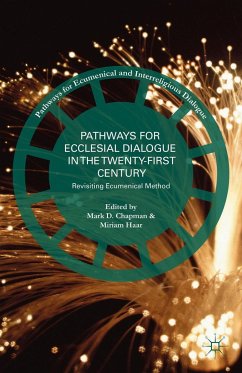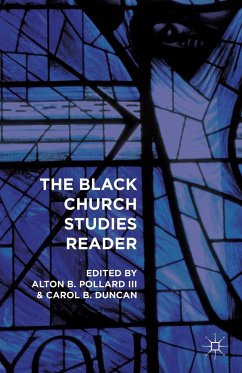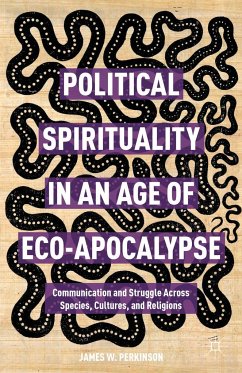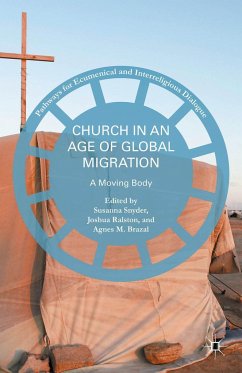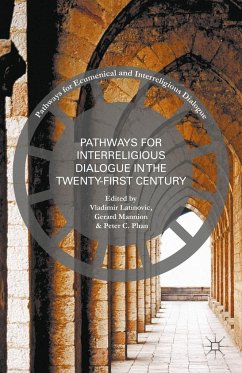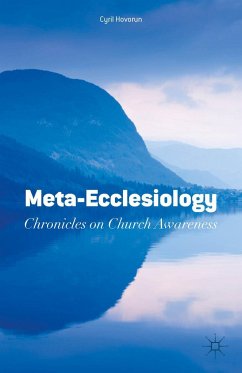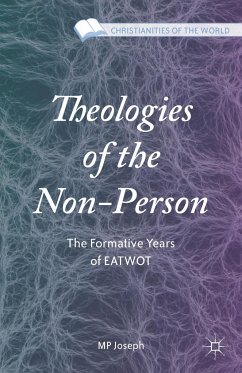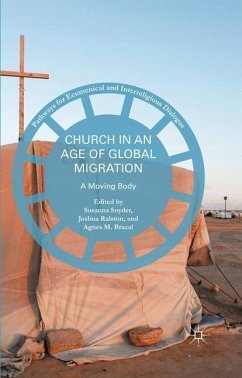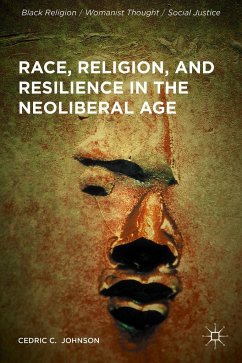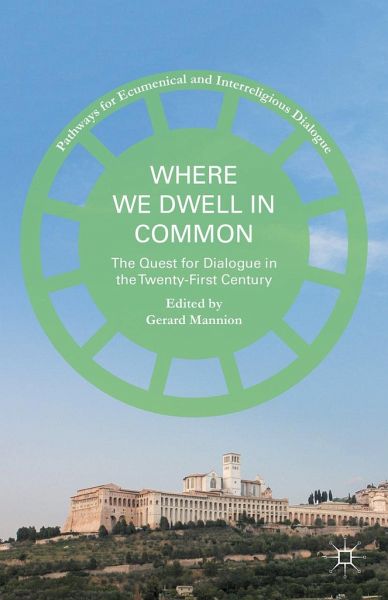
Gebundenes Buch
Where We Dwell in Common
The Quest for Dialogue in the Twenty-First Century
Herausgegeben: Mannion, Gerard
Versandkostenfrei!
Versandfertig in 6-10 Tagen

PAYBACK Punkte
38 °P sammeln!





An ecumenical and interfaith gathering, 'Where We Dwell in Common Pathways for Dialogue in the 21st Century' took place in Assisi in April 2012. This volume presents highlights from this historic gathering and invites readers to become involved as the conversation continues.
Paul Avis University of Exeter, UK Paul Arthur Ulster University, Ireland Agnes M. Brazal St. Vincent School of Theology, Philippines Professor Mary McClintock Fulkerson Duke University Divinity School, USA Richard R. Gaillardetz Boston College, USA Emmanuel Serafica de Guzman Adamson University, Philippines Roger Haight, S.J. Union Theological Seminary, USA Bernd-Jochen Hilberath University of Tübingen, Germany Bradford Hinze Fordham University, USA Eleni Kasselouri-Hatzivassiliadi Hellenic Open University, Greece Gerard Mannion Georgetown University, USA Jean Molesky-Poz Santa Clara University, USA Peter C. Phan Georgetown University, USA.
Produktdetails
- Pathways for Ecumenical and Interreligious Dialogue
- Verlag: Palgrave Macmillan / Palgrave Macmillan US / Springer Palgrave Macmillan
- Artikelnr. des Verlages: 978-1-137-50314-5
- 1st ed. 2016
- Seitenzahl: 265
- Erscheinungstermin: 17. November 2015
- Englisch
- Abmessung: 216mm x 140mm x 18mm
- Gewicht: 448g
- ISBN-13: 9781137503145
- ISBN-10: 1137503149
- Artikelnr.: 43335671
Herstellerkennzeichnung
Libri GmbH
Europaallee 1
36244 Bad Hersfeld
gpsr@libri.de
'A work that is both challenging and optimistic, Where We Dwell in Common pushes all those who are involved in ecumenical and inter-faith dialogue to think creatively and act boldly in the pursuit of genuine progress. The multiplicity of voices from around the world not only speak to the urgency of the task but also promote new ways, means, and methods for advancing dialogue between and amongst communities and traditions.' - Linda Hogan, Vice-Provost/Chief Academic Officer and Professor of Ecumenics, Trinity College Dublin, Ireland
'Almost everywhere we see the rise of violence, often in the name of religion, and a vast surge of people migrating to escape war and poverty. If our societies are to avoid implosion, we need to learn how to dialogue fruitfully with people of other religious traditions or none. This stimulating book offers rich insights into how this may happen.' - Timothy Radcliffe, Director, Las Casas Institute of Blackfriars, University of Oxford, UK
'Almost everywhere we see the rise of violence, often in the name of religion, and a vast surge of people migrating to escape war and poverty. If our societies are to avoid implosion, we need to learn how to dialogue fruitfully with people of other religious traditions or none. This stimulating book offers rich insights into how this may happen.' - Timothy Radcliffe, Director, Las Casas Institute of Blackfriars, University of Oxford, UK
Für dieses Produkt wurde noch keine Bewertung abgegeben. Wir würden uns sehr freuen, wenn du die erste Bewertung schreibst!
Eine Bewertung schreiben
Eine Bewertung schreiben
Andere Kunden interessierten sich für


